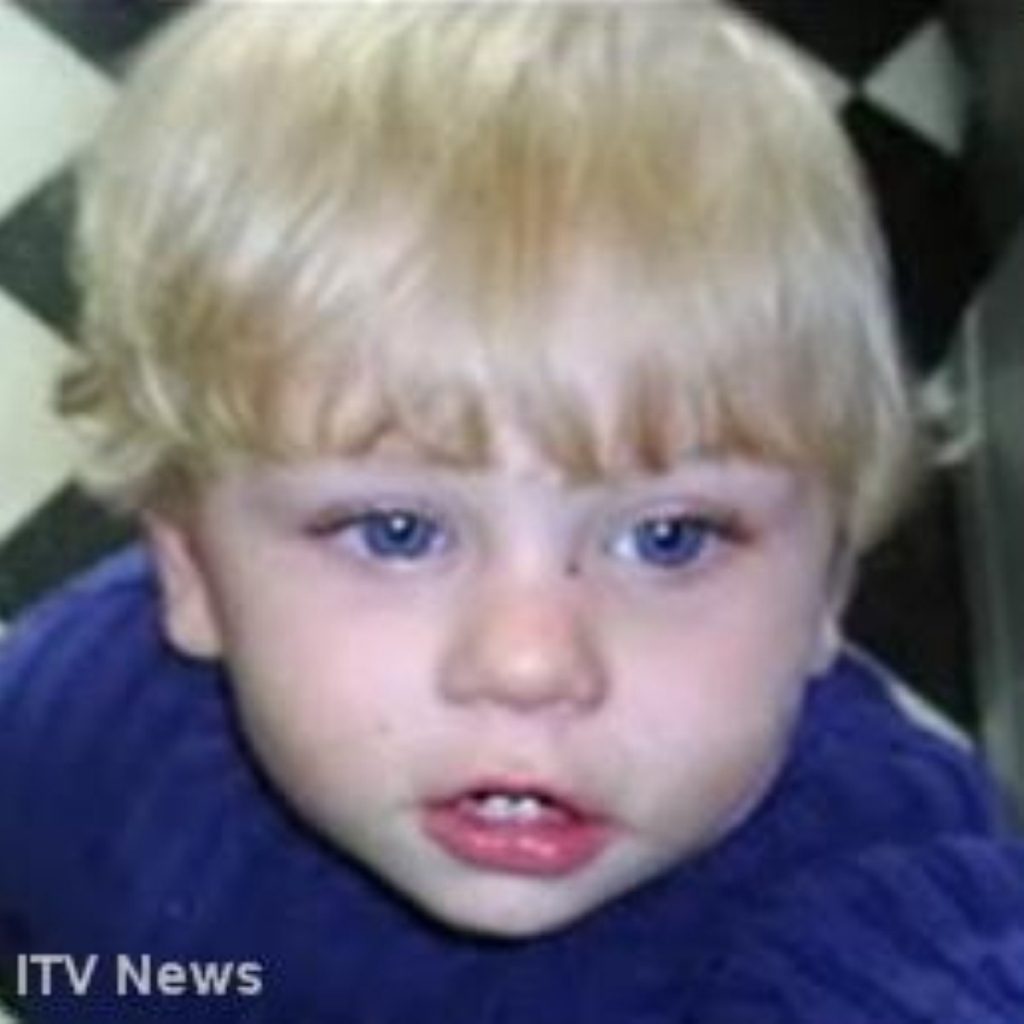Baby P review calls for overhaul of social services
By Alex Stevenson
Sweeping reforms across government are needed to improve the safeguarding of children in the wake of the Baby P case, Lord Laming’s review has concluded.
A national safeguarding delivery unit reporting directly to Cabinet, more training for frontline social workers and better cross-government integration are among the measures called for.
The government has said it will accept all the proposals demanded in today’s review.


Just hours after the report was published, Martin Winter, the Mayor of Doncaster announced he would not stand for reelection after it became the only local authority deemed “of serious concern” in terms of children’s services.
In his progress report, commissioned by children’s secretary Ed Balls last November, Lord Laming said: “The utility of the policy and legislation has been pressed on me by contributors throughout this report.
“In such circumstances it is hard to resist the urge to respond by saying to each of the key services, ‘if that is so, now just do it!’
“With greater ambition and determination I’m sure it can be done.”
Unveiling the report in central London, Lord Laming added: “Children and young people in care deserve nothing less.”
He acknowledged many of the changes put in place since his 2003 review into the death of Victoria Climbie deserved “credit”.
The latest Lord Laming review was triggered by publicity surrounding the death of Baby P, a 17-month-old child who cannot be named for legal reasons. He died in August 2007 after months of abuse – despite being seen 60 times by professionals.
His mother, her boyfriend and their lodger have been jailed over Baby P’s death.
But Lord Laming insisted there was a need for a “step change” in leadership and practice to help protect children from harm.
Lord Laming identified an “imbalance” between integrated local and regional services and central government, recommending Mr Balls outline explicit strategic priorities.
He said the delivery unit was needed “to bring cohesive drive and energy to the process”. Mr Balls told MPs Sir Roger Singleton, a former head of children’s charity Barnado’s, was being appointed as the first chief advisor on the safety of children.
Lord Laming also called for a new postgraduate programme for training frontline social workers.
“Issues of low morale and self esteem in the services must be rectified,” he said.
Government figures show 37,000 children were the subject of care orders with a further 29,000 the subject of child protection plans for 2008/09.
Yet Lord Laming said 55 children were killed by their parents in 2008.
“If these children are not helped to survive, then all of the children’s services, however good they may be, are no good for them.”
His calls for reform cross a number of government departments: Health secretary Alan Johnson has been told to address the “wariness” of NHS staff engaging in child protection work; justice secretary Jack Straw has been told to shorten the time it takes for court processes involving children under care from the “unacceptably long” average 45-weeks in 2008/09; and home secretary Jacqui Smith must address the “adequacy of resources” available to police child protection schemes.
“The challenge is to get the [recommendations] off the page and into day-by-day practice,” Lord Laming concluded.
“The weaknesses apparent in the service… must now be gripped firmly. It is vitally important to gain momentum in these frontline services.”
Speaking in the Commons today, Mr Balls promised to take immediate action to implement the recommendations.
“His report finds the Every Child Matters reforms provide a sound framework to protect children,” he said.
“But he’s also clear there needs to be a step change to protect children from harm.”
Shadow children’s secretary Michael Gove said the Baby P case “still haunts the nation” and gave a sensitive, uncritical response to much of Lord Laming’s recommendations.
But he expressed concern at the decision to keep serious case reviews private, likening this to “keeping information from an aircraft’s black box secret” after a crash.
The government and Lord Laming argue confidentiality is required to ensure witnesses are not deterred from coming forward.









